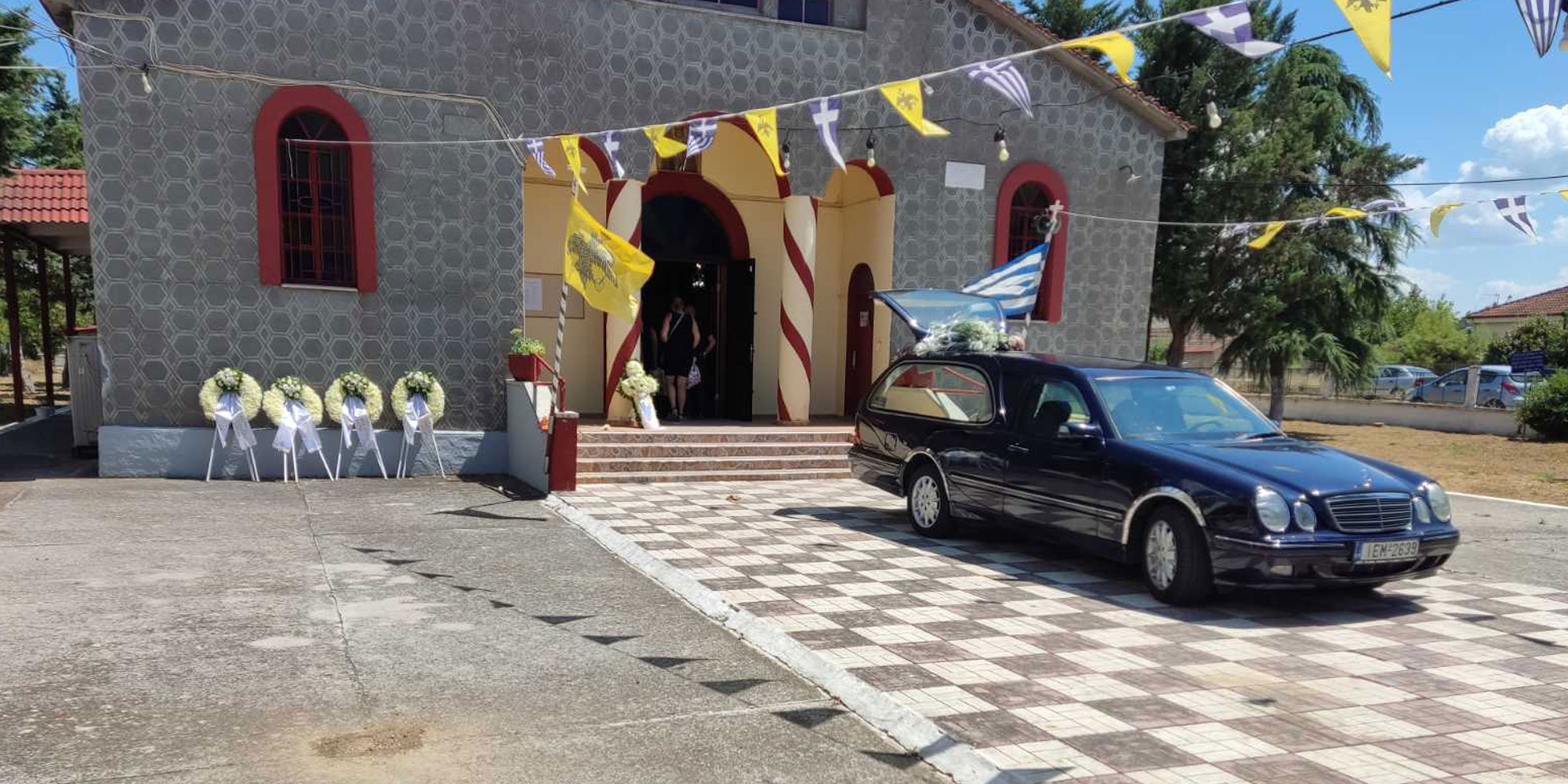Funerals Athens

The importance of funerals
The funerals they play a vital role in the grieving process. They provide a structured environment for individuals to express their feelings and come to terms with the reality of death. Through funeral rituals, people are able to acknowledge the loss and begin the process treatment. The significance of funerals extends beyond the immediate family and friends of the deceased. It acts as a collective grieving experience for the community, bringing people together and fostering a sense of unity and support.
Cultural and religious practices surrounding funerals
Its customs and practices funeral they vary greatly between different cultures and religions. They are deeply rooted in traditions and beliefs that shape how death is understood and mourned. For example, in some cultures, funerals are elaborate affairs lasting several days, while in others, they are more modest and intimate gatherings.
Religious practices also play an important role in funeral ceremonies. For example, in Christianity, funerals often include prayers, hymns, and readings from religious texts. In Judaism, the deceased is usually buried within 24 hours and the mourning period extends for seven days with specific rituals and prayers. Understanding the cultural and religious practices surrounding funerals is essential to ensure that the final tribute is respectful and meaningful.
Different types of funerals
The funerals they can take many different forms, each tailored to the preferences and needs of the deceased and their loved ones. Traditional funerals are the most common type and often include a visitation or wake, a religious or secular service and a burial or incineration. These funerals follow a structured format and provide an intimate context for mourning.
On the other hand, there are alternative forms of funerals that offer more personalized and unique experiences. Celebration of life ceremonies focus on honoring the life and achievements of the deceased through uplifting and joyous gatherings. Green funerals prioritize environmental sustainability by using environmentally friendly burial methods or choosing cremation.
Planning and arranging funerals
Funeral planning is a critical aspect of ensuring a meaningful and respectful tribute to the deceased. It involves various arrangements, including choosing a funeral home, deciding on the type of funeral, and arranging transportation and burial or cremation.
When planning a funeral, it is essential to consider the wishes of the deceased, as well as the cultural and religious practices that must be observed. Funeral directors are experienced professionals who can guide and assist in making these arrangements. They can help with everything, of his choice coffin or urn until the funeral logistics are coordinated.
The role of funerals
Funeral directors play a central role in ensuring that funerals run smoothly and provide a meaningful funeral for all involved. They are trained professionals who handle the practical aspects of funeral arrangements, allowing families to focus on their grief and healing.
Funeral directors work closely with bereaved people to plan and organize all aspects of the funeral, from coordinating with the chosen venue to organizing the transportation of the deceased. They help with paperwork, such as obtaining death certificates and licenses, and coordinating with clergy or celebrants to ensure religious or cultural customs are respected.
Conclusion
Funerals have deep meaning and significance in our lives. They provide an opportunity to honor and remember the deceased, while also offering comfort and support to those left behind. Funerals come in many forms, each tailored to cultural, religious and individual preferences. Understanding the importance of funerals and the role they play in the grieving process can help us navigate these difficult times with compassion and respect.
